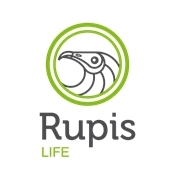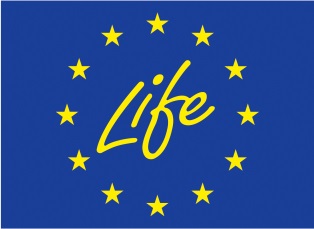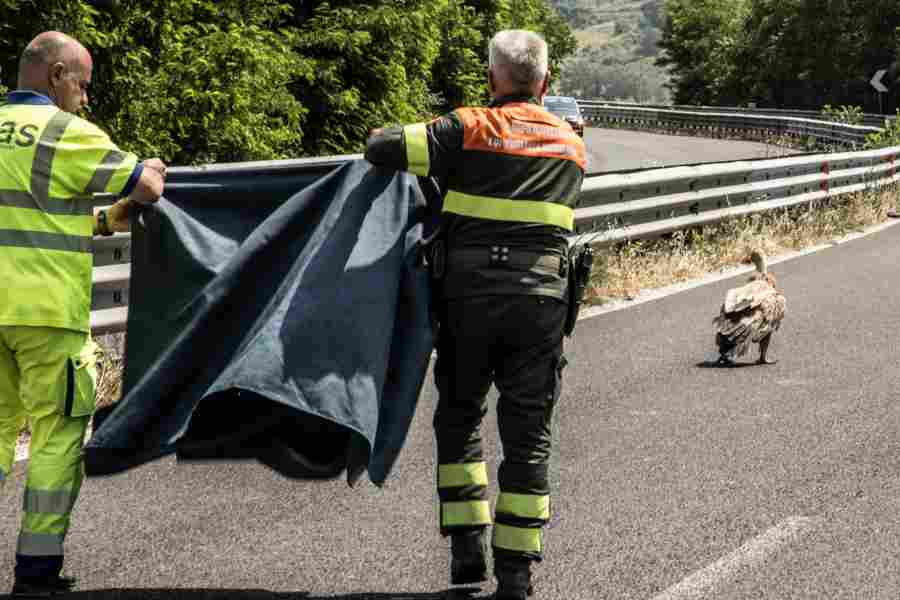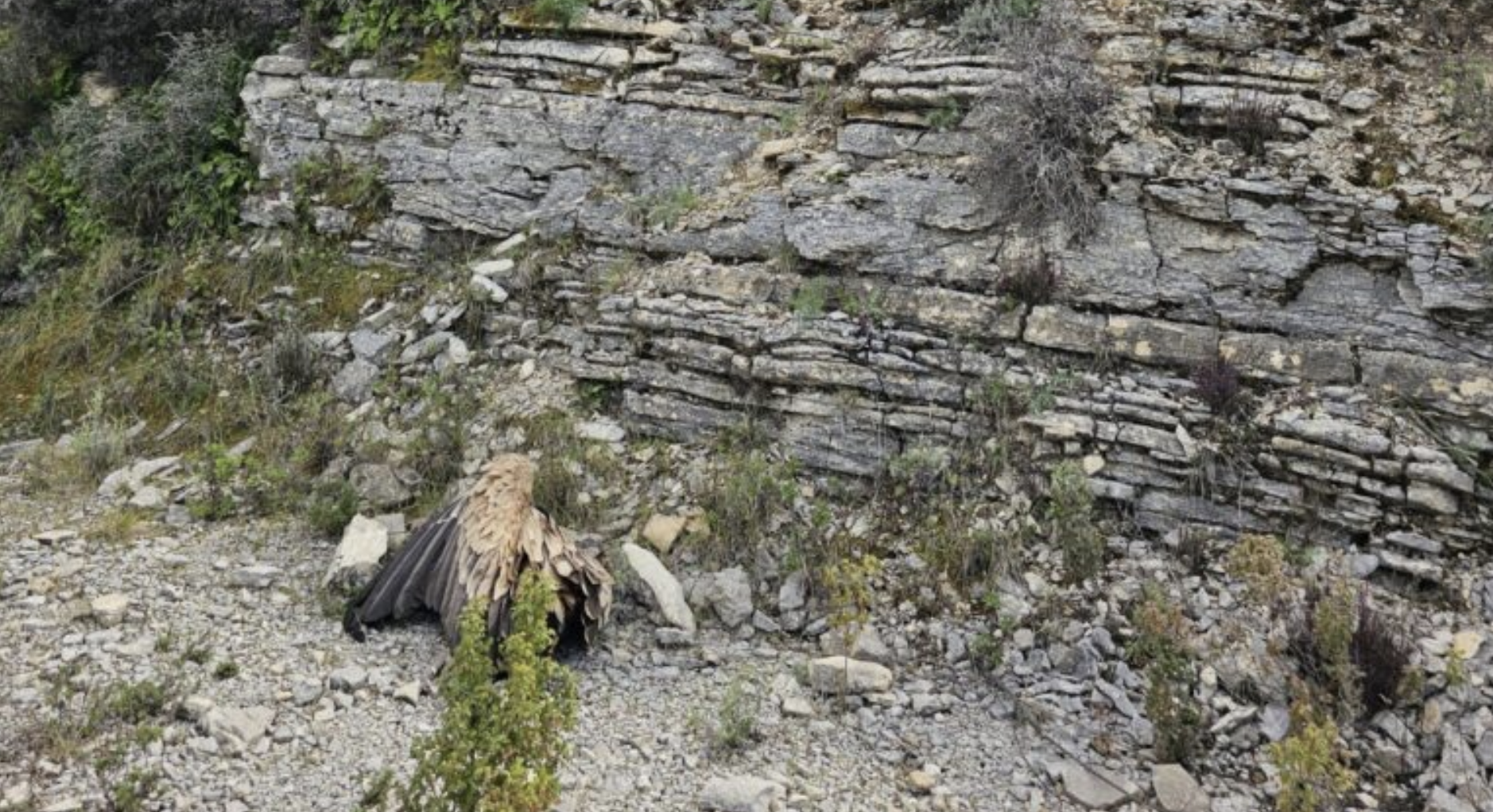Last week the Portuguese Parliament approved a motion recommending the Portuguese Government to prevent the marketing of veterinary diclofenac, deadly for vultures. This veterinary drug could endanger threatened scavenging bird populations in Portugal. Diclofenac, used as an anti-inflammatory drug for cattle, was responsible for the dramatic and abrupt decline of the vultures of the Indian subcontinent, which almost led to their extinction.
National and international non-governmental environmental organizations – including the VCF – have been alerting the competent Portuguese authorities since 2016 to the possible impacts of this drug on necrophagous birds, and have appealed to the Portuguese Government not to authorize the use of this substance at veterinary level.
Experts, scientists and those NGOs consider that the use of the best existing scientific knowledge and respect for the precautionary principle requires that the Portuguese Government should follow the decision of the national Parliament and does not authorize diclofenac for livestock use, avoiding the consummation of a real, imminent and critical risk for the conservation of vultures in Portugal.
According to the extensive scientific information available, and as reported before, diclofenac, a nonsteroidal anti-inflammatory drug, causes acute renal failure in vultures and also in eagles of the genus Aquila, which culminates in their death. These birds die from renal collapse up to two days after the ingestion of tissues from animals treated with diclofenac. In India it was enough that less than 1% of the carcasses available to the vultures had been treated with diclofenac to cause their populations to be reduced by more than 97%, which led to the drug being banned in the Indian subcontinent.
On the other hand, there are several equally effective alternatives to this drug in Portugal, and with much less impact, so the treatment of livestock species is currently perfectly possible without the use of diclofenac and in a safe way for vultures.
Portugal has important populations of vultures and large eagles including endangered species: the Cinereous vulture (Aegypius monachus), the Egyptian vulture (Neophron percnopterus), the Griffon vulture (Gyps fulvus), the Spanish imperial eagle (Aquila adalberti) and the Golden eagle (Aquila chrysaetos), most of them in very small numbers. All these species are legally protected in Portugal under the EU´s Birds Directive. Given the proven impacts of diclofenac on these species, their eating habits and reduced populations, the authorization to use diclofenac in Portugal would have a potentially devastating impact on these birds and also on the ecosystems where they occur.
The authorization of diclofenac in Portugal for livestock use may irreversibly jeopardize the national commitment and effort to preserve these species, thus wasting the opportunity of the national authorities to reiterate its commitment to the objectives of nature conservation and environmental sustainability at national level and the European Union.
The International Union for Conservation of Nature (IUCN) also approved a motion which “Urges Governments to urgently implement the recommendations of CMS resolution 11.15,” including the prohibition of the use of veterinary diclofenac.
The Institute for Conservation of Nature and Forests (ICNF), a partner in the various projects for the conservation of vultures in Portugal, has already acknowledged its concern regarding the potential use of diclofenac in livestock farming, as well as the risks that stem for the conservation of national populations of vultures. The concern of all the organizations involved in the conservation of these species is evident in the proposal of the National Plan for the Preservation of Scavenging Bird Species in Portugal, which is awaiting final approval and implementation.
The undersigned organizations are under the expectation that the Portuguese Government, namely the DGAV (veterinary authority), which is supervised by the Ministry of Agriculture, Forestry and Rural Development, will comply with the decision of the National Parliament, by rejecting any application for authorization to market veterinary drugs containing the active substance diclofenac.
Subscribing Organizations:
FAPAS
Liga para a Proteção da Natureza
Quercus – – Associação Nacional de Conservação da Natureza
Sociedade Portuguesa para o Estudo das Aves
Associação Transumância e Natureza
Associação para o Estudo e Protecção do Gado Asinino
Palombar
BirdLife Europe and Central Asia
Vulture Conservation Foundation
What can you do to help?
Learn more about diclofenac on our webpage and take action.
Visit the campaign webpage to learn more.







